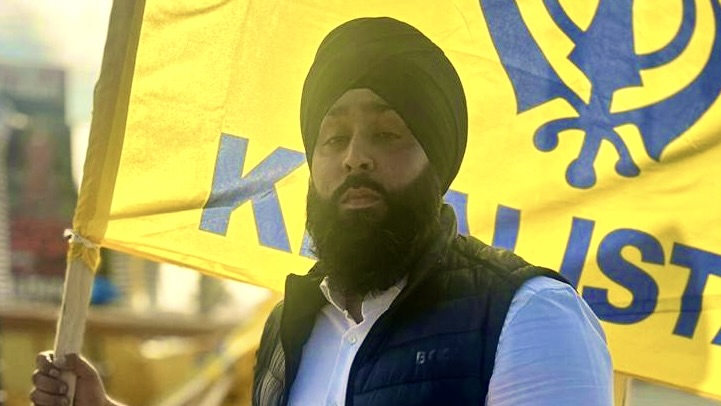
Irish broadcaster RTE has announced that it will not take part in the 2026 Eurovision Song contest ‘if the participation of Israel goes ahead’.
An RTE statement released today said that at the General Assembly of the European Broadcasting Union (EBU) in July, ‘a number of EBU members raised concerns about the participation of Israel in the Eurovision Song Contest’.
It added: ‘RTE wishes to thank the EBU for the extensive consultation process that was initiated on foot of that meeting, and the extension of the option to withdraw from participation without penalty to December.’
A final decision on participation would be made when the EBU reaches its decision.
The broadcaster explained: ‘It is RTÉ’s position that Ireland will not take part in the 2026 Eurovision Song Contest, if the participation of Israel goes ahead, and the final decision regarding Ireland’s participation will be made once the EBU’s decision is made’.
The broadcaster added: ‘RTÉ feels that Ireland’s participation would be unconscionable given the ongoing and appalling loss of lives in Gaza.
‘RTÉ is also deeply concerned by the targeted killing of journalists in Gaza, the denial of access to international journalists to the territory, and the plight of the remaining hostages.’
Ireland has won the Eurovision seven times, the joint most of any country. Last year Ireland’s contestant was EMMY, who was knocked out of the contest ahead of the televised final.
The contest is due to enjoy its 70th anniversary in Vienna next May after Austrian singer JJ won with Wasted Love in Switzerland this year, but tensions are growing over Israel’s involvement given its assault on Gaza as famine is officially declared in the region.
In May former Eurovision contestants called on the competition to ban Israel and its national broadcaster Kan from this year’s contest.
Among the 72 names who have signed the open letter are the UK’s 2023 entry Mae Muller, Ireland’s 1994 champion Charlie McGettigan and 2017 Portuguese winner Salvador Sobral.
More to follow.













 Bengali (Bangladesh) ·
Bengali (Bangladesh) ·  English (United States) ·
English (United States) ·